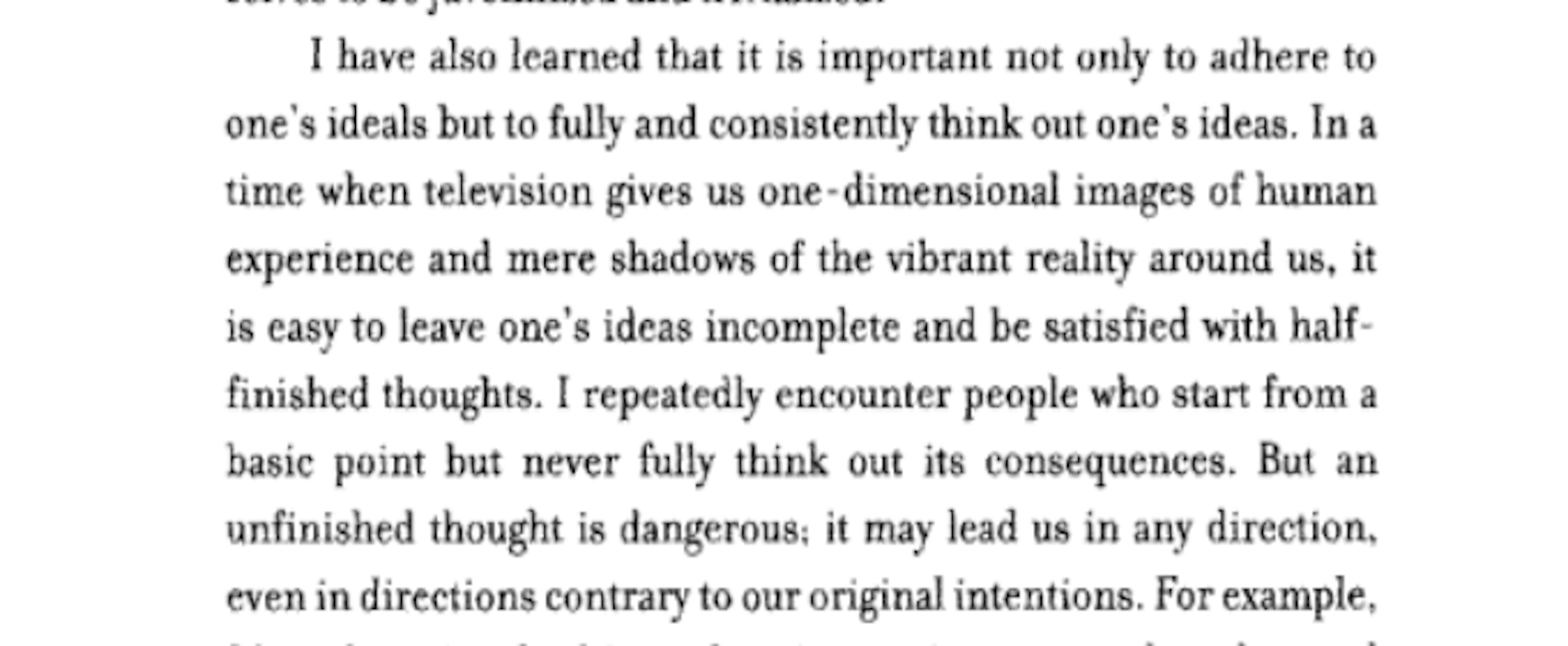In the wake of election defeat calls have been made for soul-searching, honesty and self-reflection among Labour party members. Yet what’s been played out in the media has the appearance of a train that can only trundle along the same old tracks. After loss there is a need to retreat, to reflect, to learn and regroup before deciding what path to take towards the future, but nothing in the culture of Westminster politics appears to give space to, or allow for such a process. Being constantly on show and required to give account of yourself, proving that you are not falling apart don’t sit easily with the process.
I spent Wednesday with an old school friend, someone I hadn’t managed to see since Mark’s funeral. We went to the Barn Cafe at Cotesbach where we sat in the lookout area in comfortable armchairs and caught up on the past months. As we talked it became clear that both of us have experienced loss of one kind, and now face the daunting task of discovering what we want to do and rebuilding our lives
Later, when we were walking the dogs, I mentioned Joyce Carol Oates’ compelling memoir A Widow’s Story, and how she was at times preoccupied with appearing to be doing well, to be thought of as coping. It struck me even as I said it, that I didn’t have any external sense of what doing well meant, and that as the months have gone by I’ve felt less and less concerned about what people think of me. Partly it’s because from the beginning I sensed that this was a phase of life that I had no pre-conceived narrative for, and I know that I’m dealing with something beyond the bounds of experience of many people I know, so the idea that they might judge me to be succeeding or failing doesn’t register.
But as my thoughts are turning in small measures towards the future, I do find myself thinking questions similar to those not dissimilar to those the Labour party needs to be facing up to if it is to have any hope of emerging meaningfully from this experience: What is my purpose, what should be my focus, what is a good life, and what can I do towards the common good?
I’ve been reading today and thinking about some of these questions and during a break a book cover caught my eye. It was Take My Advice, a collection of letters to the next generation that is edited by James L. Harmon.
In it I came across a letter by Murray Bookchin, an American radical, who died in 2006 and wrote the letter aged 80.
The advice that he passes on resonates with me as I begin imagining the kind of life I want to live in the future, and could also give some pointers to those in the Labour movement who are genuinely seeking to find their way in a new political landscape. Here are some extracts:
At a time when people have become more pragmatic in their thinking and are concerned primarily with their careers – often at the expense of any ideals or vision of life as a creative adventure – I find that the most sustaining factor in my own life has been the very idealism that so many people tend to avoid. I have seen people from my own generation, going back to the 1920s and the 1930s, surrender their principles and their commitment to social change: few of them, if any, have since found their lives meaningful. Ironically, the fullest life in a deeply personal sense, may well be one that is guided by ideals, by the visions that many people today regard as utopian, and by ethics, which is currently so often discarded in favour of practical realism.
What has sustained me in these eighty years and given my own life meaning is association with other human beings in a common struggle for social freedom, a belief in the marvel of human potentialities; and adherence to a radical ethics based on creativity and the need to create a rational society. Without my lifelong commitment to study, my passionate devotion to my ideas, my unceasing curiosity in the marvel that constitutes humanity, I might have very well had a materially good life, but it would have been a vacuous one.
For me, the continual study of ideas, the continual pursuit of knowledge and and everyday effort to change society in such a way that we live in harmony with each other and with the natural world, has given me the richest kind of personal life as well as the most socially meaningful way of life.
We are only visitors on this planet, transient beings who are perhaps here only for a moment – and the highest way of life – the deepest commitment to social ideas, the most radical visions of a free future are too often bartered away for a life of mediocrity filled with petty egoism, small-minded materialism, and cold indifference to the human and natural condition. We must not allow ourselves to be juvenilised and trivialised.
Today we are faced with a counter-Enlightenment that eschews thought, rationality, and even history and individuality. It is disempowering us, as surely as are the vast bureaucracies, corporations and states that pervade our everyday lives. We must regain a new idealism and a new ethical commitment and seek self-empowerment through communities and movements for social change. Being destroyed by this counter-enlightenment are the great human possibilities that make us into truly individuated, dedicated, rational and socially committed human beings.
This body of beliefs has not only guided me through decades of war and social upheaval, it has given me a life more meaningful, purposive, and creative that any of the materialistic careers, narcissistic egotism, or therapeutic techniques so fashionable today could have done.

Leave a Reply
You must be logged in to post a comment.